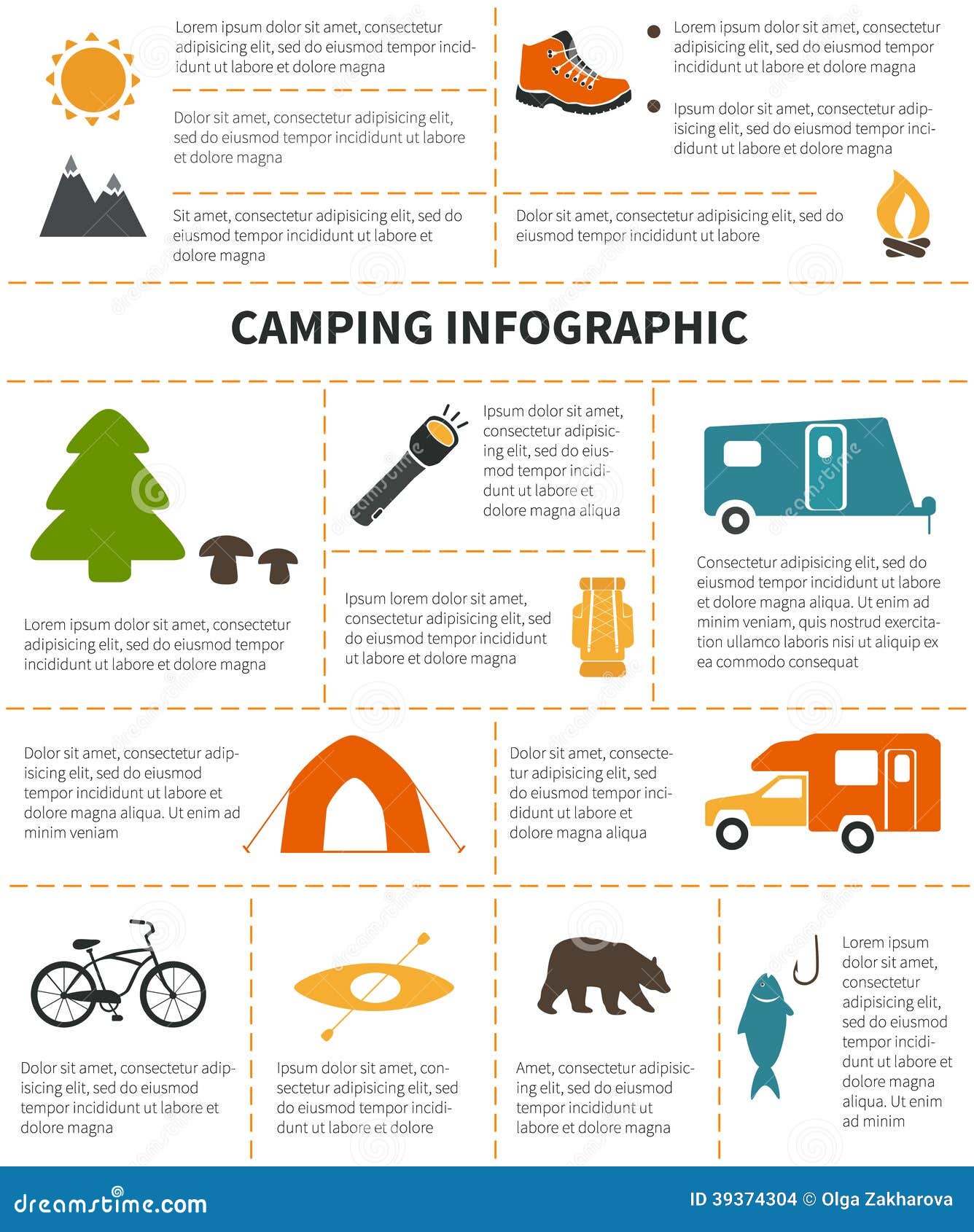CPAI-84 is a common used to check fabric for use in tents. It utilizes a fire to shed the textile and gauge the damage length to determine whether or not it is fire retardant.
How do you go camping at glamping?
Numerous camping tents are treated with fire retardant chemicals to satisfy CPAI-84 requirements. Direct exposure to these chemicals is connected to adverse wellness results.
CPAI-84 is a non-committal and volunteer criterion for flammability of tents.
An outdoor tents is a portable, temporary sanctuary created to shield individuals from the components. Tents are commonly made use of for leisure tasks and sleepovers and can also be a kind of sanctuary for persons experiencing homelessness. A brand-new proposition would certainly replace the reference to CPAI-84 in the Tents Rules with the lately released ASTM F3431 requirement, which requires a reduced degree of flammability and specifies clear labelling requirements.
CPAI-84 is a non-committal and volunteer criterion that applies to outdoor textiles, including those made use of in tents. The examination determines the flammability of material by shedding samples and gauging their char size and after flame. It additionally thinks about weathering of the material.
The current CPAI-84 test is much less suited to the materials that make up modern camping tents, which are usually constructed from lightweight and synthetic fabrics. It is additionally not as precise as the new ASTM F3431 examination. REI is partnering with other brand names, suppliers and standard-setting groups to support the ASTM F3431 criterion, which can permit tents to fulfill flammability standards without flame resistant chemicals.
CPAI-84 is a testing method.
CPAI-84 is a screening technique that examines flame-resistant materials made use of in outdoor camping outdoors tents. It defines a tent as "any kind of portable short-lived sanctuary or structure made to secure people from the components." This includes outdoor camping tents, play outdoors tents, dining flies and covers, rv awnings, and fabric display houses.
Numerous states, consisting of California, call for that materials used in outdoors tents meet CPAI-84 criteria. These requirements differ from state to state, however. Some regional codes, like those in New York, may require NFPA 701 certification, which is more strenuous than CPAI-84.
The CPAI-84 test calls for that four examples of the material be tested in their original state, saturated for 72 hours, and matured through increased weathering. It likewise requires that the example pass a small test, in which it is subjected to a fire for 12 seconds and gauged for char length and damages time.
CPAI-84 is a qualification.
Many states need that fabrics utilized in awnings, draperies and camping tents be certified as fire resistant. The most usual examination is NFPA 701 or CPAI-84. NFPA 701 tests for fire spread, while CPAI-84 actions char length and afterflame. Both examinations use a Bunsen burner or a melt tablet as the ignition source.
CPAI-84 is a testing method established especially for flame resistance in camping outdoor tents textile. Its requirements are extensively accepted in the U.S. and are taken glamping business into consideration a benchmark for fire security in outdoor fabrics worldwide. The CPAI-84 qualification is a mark of high quality that can be revealed on a manufacturer's web site to reveal customers that the product fulfills the highest possible safety standards.
A new update to CPAI-84 is offered via the Advanced Textiles Association (ATA). This version enables screening of textiles without the use of dangerous flame resistant chemicals. This step is being driven by consumer demand and a problem for wellness threats that are associated with exposure to these chemicals.
CPAI-84 is a standard.
CPAI-84 is a requirement for flame-retardant products made use of in outdoor camping tents. It is similar to ANSI 4950, but the two tests have different requirements and test methods. CPAI-84 is the responsibility of Industrial Fabrics Association International and consists of screening for camping outdoors tents, play camping tents, rv awnings, eating flies and covers, and material screen homes.
CPAI-84 is typically needed for outdoor camping items offered in the USA and is thought about a criteria for fire security in materials. It is likewise essential for camping producers to stick to the conventional to ensure that they can offer consumers with a high level of confidence in the security and high quality of their products. Several states, consisting of The golden state, call for camping tents to abide by CPAI-84 requirements. If you're searching for a quality tent, ensure to check for compliance with this criterion. If you're unsure, call the producer and ask about their screening techniques and paperwork.
